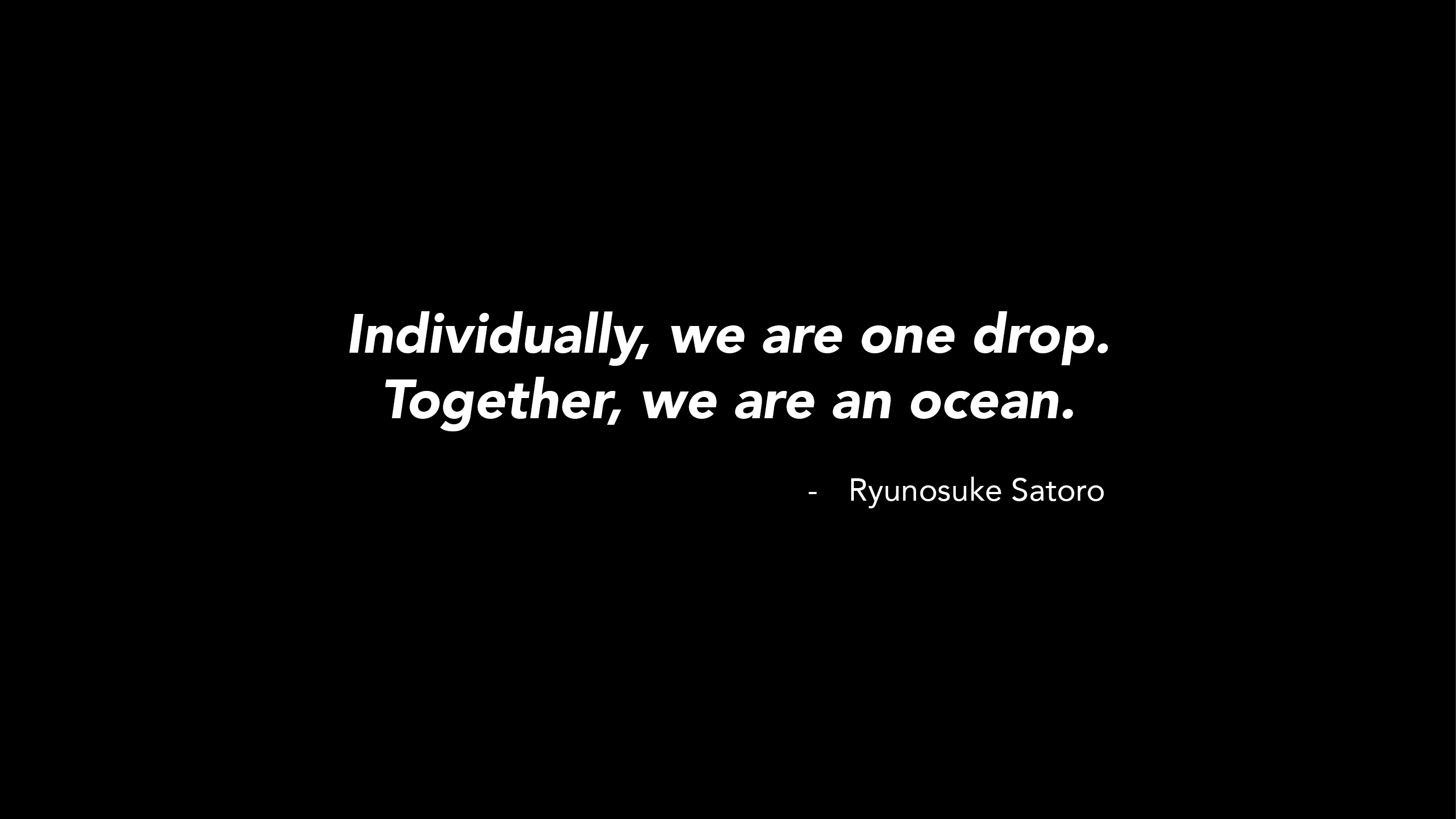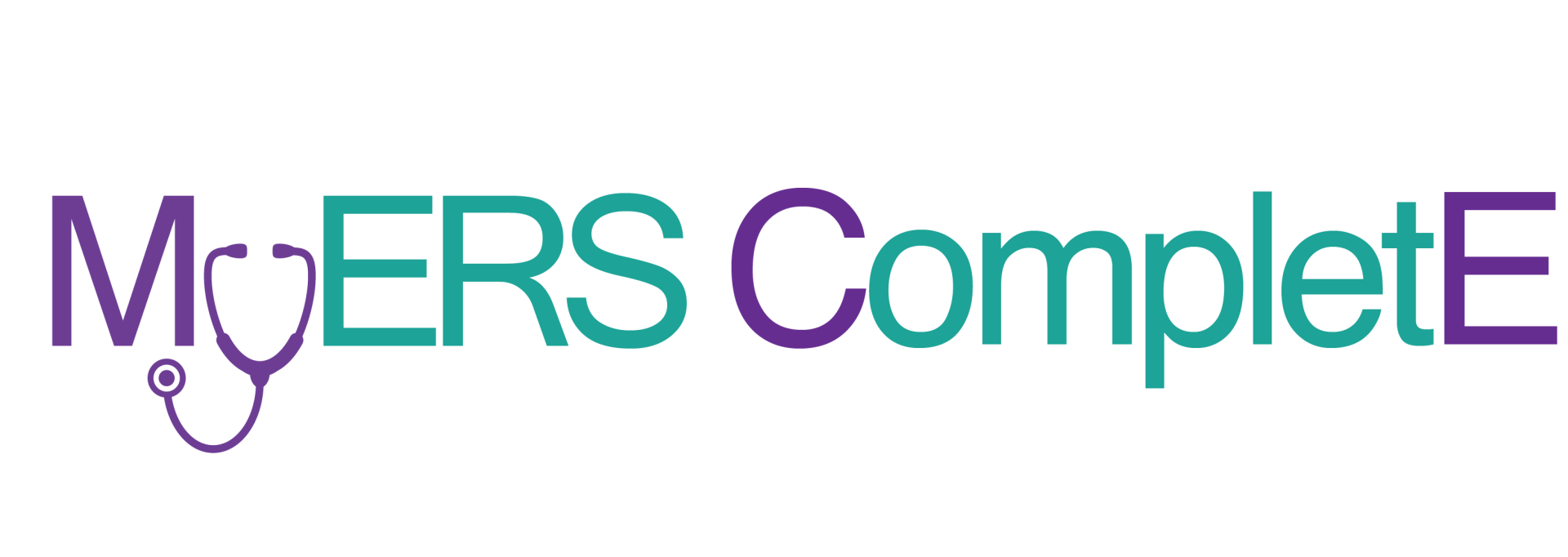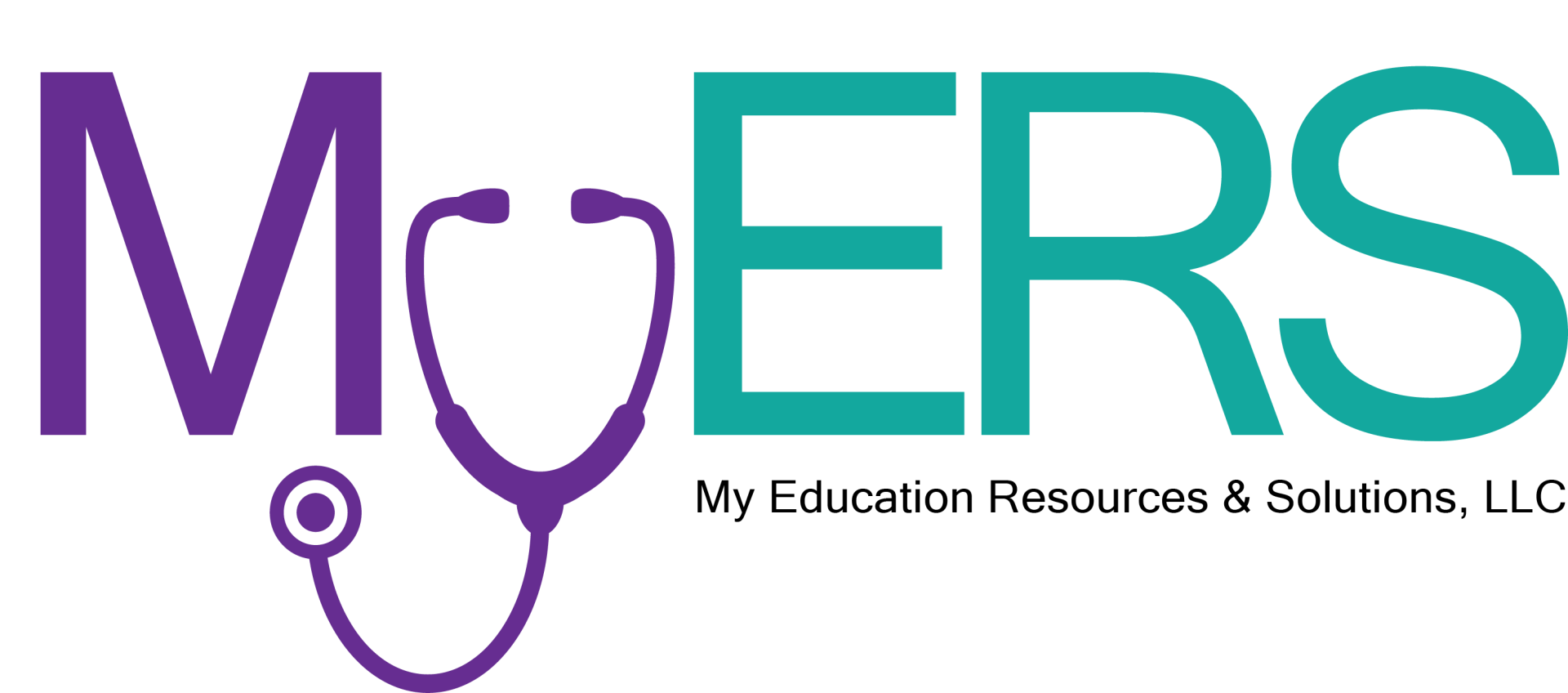Upholding Our Values: Nursing Through Healthcare Policy Changes
Feb 17

Upholding Our Values
Nursing Through Healthcare Policy Changes
As nursing professionals, we are no strangers to the evolving landscape of healthcare policy. However, the recent changes we are witnessing pose unprecedented challenges, and many of us are left feeling confused, concerned, and uncertain about the future of care delivery. As continuing education providers, we want to support you in navigating these changes by staying informed, upholding our professional standards, and maintaining our commitment to high-quality, equitable care for all patients.
Understanding the Impact
The current administration has initiated drastic changes to federal health policies, some of which are alarming for those of us working directly with vulnerable populations. These changes include:
Reduced funding for public health initiatives: Programs that have historically supported low-income and underserved populations are now facing significant cuts.
Global health partnerships shifting: Alterations in international collaborations may disrupt efforts to combat global health threats.
Changes to Medicare and Medicaid: Policy changes are altering access for many, particularly elderly and low-income individuals.
Modifications to vaccine programs: Shifts in vaccine distribution and education programs may affect public health and disease prevention.
However, one of the most alarming aspects of recent policy changes is the removal of critical public health data from federal websites, including data from the Centers for Disease Control and Prevention (CDC). This data, essential for tracking health trends and identifying vulnerable populations, is critical to healthcare decision-making, and its removal has left public health experts concerned about the country’s ability to respond to health crises.
The CDC Data Purge
In the early days of the administration, officials removed substantial amounts of public health data that included references to "diverse," "historically marginalized," and "women," among other terms they deemed associated with diversity, equity, and inclusion (DEI) efforts. The removal affected vital health data such as surveys on obesity, suicide rates, and even bird flu transmission between humans and animals.
While some of this data has since been restored, much remains incomplete, and the supporting reference materials that make the data accessible to non-experts have not been reissued. Without this crucial information, healthcare providers and policymakers are working in the dark, unable to identify emerging health trends or effectively allocate resources to address urgent public health concerns.
For example:
Behavioral Risk Factor Surveillance System (BRFSS): This 40-year-old national health survey, which provides valuable insights into health behaviors, was tampered with. Data regarding health disparities among LGBTQ+ individuals, including insurance coverage and general health concerns, was removed. Without this data, policymakers lose the ability to create targeted interventions.
Youth Risk Behavior Survey: This essential report has documented increasing mental health concerns among adolescents. It has helped guide interventions for substance abuse and sexual health. The removal of its data hampers our ability to understand the mental health crisis affecting teens nationwide.
These purges are not just about numbers; they are about people. The removal of public health data directly affects our ability to provide compassionate, effective care to marginalized communities. Without the right data, we are at risk of making life-and-death decisions in the dark.
Our Professional Obligations
Despite these challenges, the American Nurses Association Code of Ethics remains our guiding light, reminding us of our professional responsibilities:
Despite these challenges, the American Nurses Association Code of Ethics remains our guiding light, reminding us of our professional responsibilities:
- Provide care with respect for human dignity.
- Protect patient privacy and confidentiality, even in the face of weakened policies.
- Advocate for health equity, particularly for marginalized and vulnerable populations.
- Promote access to healthcare, even when federal policies create barriers.
- Practice with compassion and respect for every individual.
Taking Action
In these uncertain times, nurses must take the lead in safeguarding patient health and well-being. Here are some strategies for how we can respond:
Strengthening Local Networks
- Build partnerships with community organizations that continue to provide essential services, even in the face of funding cuts.
- Develop resource lists for patients to access local services, including those addressing food insecurity, housing, and mental health.
- Connect with advocacy groups working to restore access to vital data and policies that protect marginalized populations.
- Share information on available services and how patients can navigate changes in healthcare protections and coverage.
Enhancing Patient Support
- Help patients navigate insurance changes, including shifting eligibility for Medicare and Medicaid.
- Connect patients with community resources and nonprofits that offer support for those affected by funding cuts or policy shifts.
- Provide culturally competent care to ensure all patients feel respected and understood, regardless of their background.
- Maintain detailed documentation to track health outcomes and advocate for policy reversals based on real-world impacts.
Supporting Vulnerable Populations
- Familiarize yourself with local resources that provide services to historically underserved populations.
- Develop comprehensive care plans that address the specific needs of vulnerable groups, including LGBTQ+ individuals and those facing socioeconomic challenges.
- Create inclusive healthcare environments that honor diversity, even when national policies may not.
- Advocate within your institution for continued focus on equity and inclusion, despite federal DEI rollbacks.
Maintaining Professional Standards
- Stay current with evidence-based practice by accessing independent public health data and research.
- Document thoroughly to ensure that care decisions are well-supported, particularly when dealing with vulnerable populations.
- Report concerns appropriately, whether it’s about patient care or issues within the healthcare system.
- Continue professional development to stay informed about the impact of policy changes on patient care.
Moving Forward
As we navigate these challenging times, our primary focus must remain unwavering: providing excellent patient care. This requires thinking creatively and acting strategically. We must seek out and develop alternative data sources when federal resources fall short, while simultaneously strengthening our local healthcare networks to fill emerging gaps in care.
Documentation becomes more crucial than ever—not just for individual patient care, but to track and understand the broader impacts of policy changes on our communities. These records may prove invaluable in advocating for future policy improvements and ensuring that our voices shape the policies that affect us.
Most importantly, we must intensify our efforts to support vulnerable populations, who are often the first to feel the effects of policy shifts. This requires vigilance, innovation, and an unshakable commitment to professional excellence. Even as the healthcare landscape evolves, our dedication to patient care and nursing best practices remains constant.
We are not passive observers to these changes—we are the driving force that ensures healthcare adapts to the needs of those we serve. Together, we will continue to lead, innovate, and advocate, ensuring that our patients and communities receive the care and compassion they deserve, no matter the obstacles.
Contact
-
My Education Resources and Solutions, LLC
-
PO Box 39566
Greensboro, NC 27438 -
hello@myerscomplete.com
-
(336) 988-7076
Become a member
Your gateway to advanced, cloud-based CE solutions.

